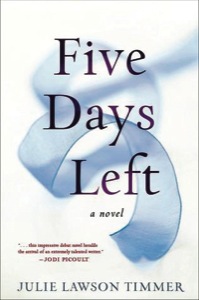
It’s easy to feel that way when faced with an entire bookstore full of possibilities. How do you pick? How do you know what’s good?
Start here, with Bookwatch’s best of 2014 …
Let’s start with fiction:
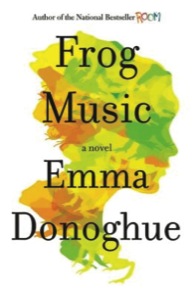
Throughout the year, every time something bad happens, you’re reminded to hug the ones you love. Five Days Left by Julie Lawson Timmer, the story of a woman who is at the end stages of a terminal disease, and a man in another state who has fallen in love with a child he’s fostering, will actually make you want to do that. Bring tissues. That’s all I’m saying.
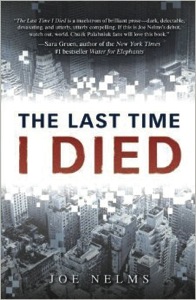
My list wouldn’t be complete without my annual nod to Emma Donoghue. Her novel Frog Music, a big story of murder and lust set in 1870s San Francisco is a must-read for this year. It’s a gauzy tale – in fact, it seems at times like a dream, as though the main character, Blanche Beunon has imagined the whole friendship she had with Jenny Bonnet and the reason for Jenny’s death. Bonus: it’s based loosely on a true event.
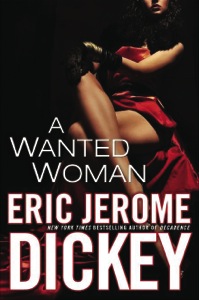
I almost guarantee that you won’t see The Last Time I Died by Joe Nelms on any other Best Of list. It’s here because it was one of those books that just struck me: Christian Franco, a loser in life and love, learns that he can re-visit his childhood by being brought back from the edge of death. Early trauma left him with holes in his memory. Reviving gave him answers. But he had to die again and again and you won’t be able to put this book down until you know what happens.
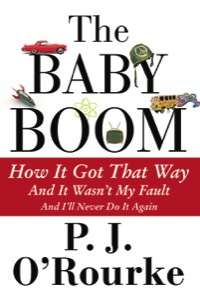
They say we all have a doppelganger, and Recognition by O.H. Bennett is based on that idea: on a rainy night, as a young widow heads home to pick up her son, she sees a beggar who is her late husband’s double. Many years ago, he went missing and was presumed drowned – but did he? You’ll wonder, too.

And finally, a tie: A Wanted Woman by Eric Jerome Dickey and I Am Pilgrim by Terry Hayes are both thrillers; I couldn’t decide which I liked better. Be aware that the Dickey book leans toward violence and profanity, while the Hayes book is more espionage-like. Both kept me on the edge of my seat for days.
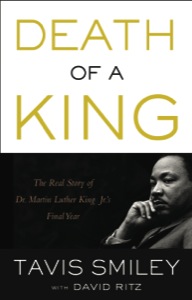
And then there are my non-fiction picks:
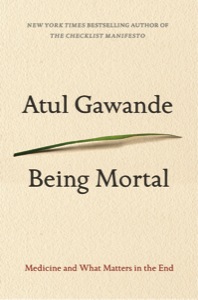
The Baby Boom by P.J. O’Rourke will bring back memories for anyone born between 1947 and 1964. O’Rourke recalls the usual things that boomers will remember – playing outside till dark, getting that first color TV – but the real appeal comes when he finds something you’ve long-forgotten, and he expounds upon it. This book is like time-travelling to your childhood.
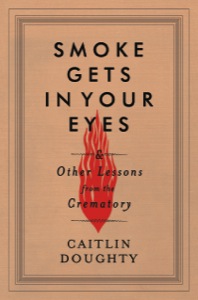
Lovers of the Old (or new) West will love Badluck Way by Bryce Andrews, the story of cowboying, ranch life and the end of both. It’s also a tale of conservation: wolves were a big problem on the ranch where Andrews worked, and they cost his employer a good amount of money. But where’s the happy medium between raising cattle and being a steward to the land and its wildlife? This book doesn’t have all the answers, but it’ll make you think.
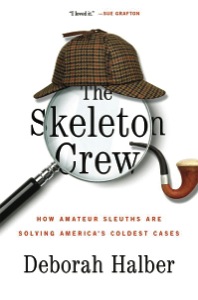
I’m normally not a big fan of biographies that include “recreations,” but Death of a King by Tavis Smiley was a great exception. In this book, Smiley envisions the last year of Dr. Martin Luther King Jr.: his friendships, his dilemmas, the heartbreak he knew and caused, the work he did, and that which he might’ve wished he didn’t do. I liked this book because it’s thoughtful, and because it makes Dr. King into an ordinary man. Smiley makes King approachable.
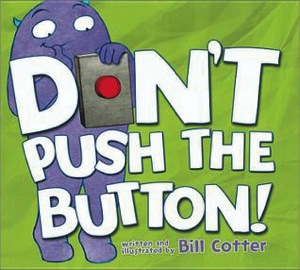
If you’ve read other Best Of lists this year, you’ve probably found Being Mortal by Atul Gawande there – and for good reason. It’s about the end-of-life, aging, and how medicine perceives both. Gawande urges readers to take charge of the end of their lives. That’s powerful stuff, in a powerful book.
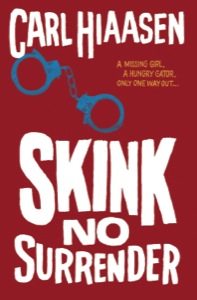
And lastly, another tie: The Removers by Andrew Meredith, Smoke Gets In Your Eyes by Caitlin Doughty, and The Skeleton Crew by Deborah Halber all deal with bodies. Dead ones. The Meredith book is a father-son memoir in a coming-of-age way; the Doughty book is a memoir about her years working in a crematory; and the Halber book is about how everyday people spend their time comparing missing persons lists with online lists of unclaimed bodies. I liked ‘em all. I couldn’t decide.
And then my best of children’s books:
For the littlest kid, Don’t Push the Button by Bill Cotter is a near-guaranteed gigglefest. There’s a monster inside this book, and a red button. Whatever you do, well, read the book with your favorite 3-to-6-year-old and see.
Post-apocalyptic novels have been done to death, but H2O by Virginia Bergin really struck me as unusual. The premise of this book is that planetary dust has caused contaminated rain. Anybody who gets wet dies – bloody, painfully, and fast. That includes the heroine’s parents, sibling, friends, neighbors and everyone she loves. Or maybe not, because there’s a wicked cliffhanger here and I loved it.
I also liked Noggin by John Corey Whaley, a disturbingly plausible book about a young man who’s suffering a terminal illness. His only hope is to have his head cryonically frozen, and to wait for a donor body. But can everybody in his life wait for him to return?
As I read Endangered by Jean Love Cush, I wasn’t sure whether or not it was an adult book or a teen read. I decided it was both: it’s the story of a young teen who gets arrested for a murder he didn’t commit, but it’s also the story of his mother, who tackles the justice system, the law and everything she never thought she’d have to deal with on behalf of her son. Timely and sobering, this is another one of those books you just can’t put down.
And finally, Skink No Surrender by Carl Hiaasen is a great way to introduce your teen to the humor of this adult author. In this book, a teen goes missing and it’s up to her cousin and a Vietnam-veteran-former-mayor-possibly-insane-conservation-minded madman to find her. What’s not to like, hmm?
And there you are: fifteen books you just can’t miss. The best of the year.
Happy reading and Happy New Year!











